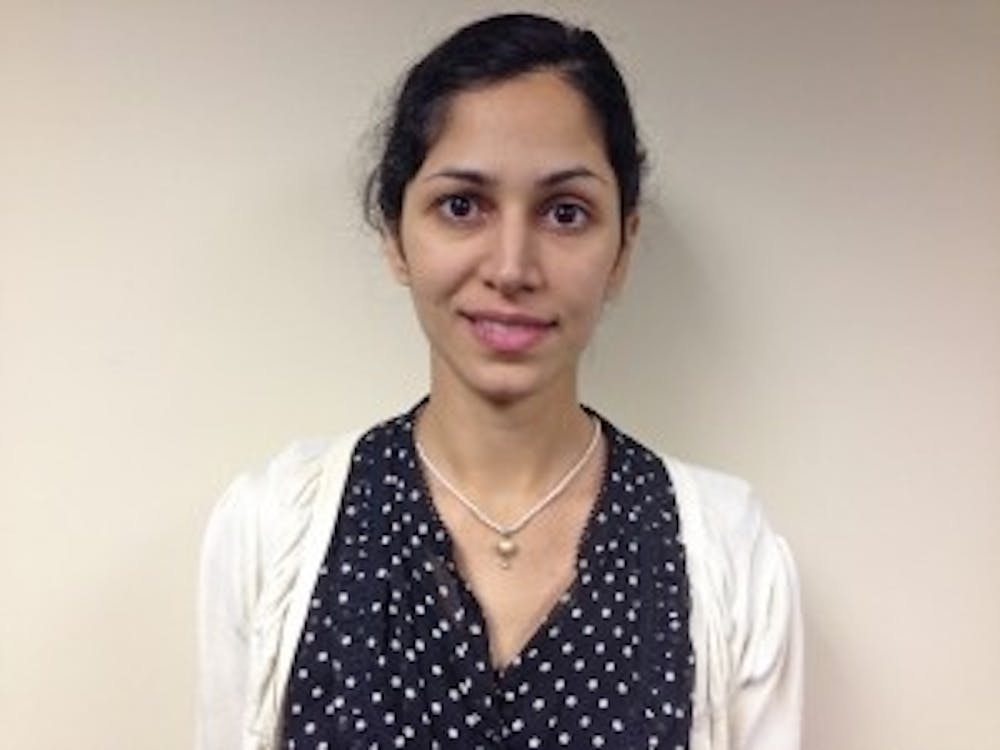I try to make time to watch the BBC Arabic TV channel — it shows a side of the Middle East that is not entirely hate and despair and offers a more complex view than most non-Arab viewers may expect.
About a year ago, the channel hosted a panel of young, earnest women, fresh from protesting corruption and bad politics in Egypt, Lebanon and Iraq. As in the U.S., these protesters sometimes face police violence, but none were deterred.
The Iraqi woman explained:
“In Iraq, we demonstrate weekly and we’re not protesting anything complicated,” she said. “We want simple things: human rights and stability.”
Once, BBC Arabic interviewed an Iraqi refugee in Turkey. As a boy, his mom read him books mostly set in America or Europe. Now, he makes itty-bitty scenes of the places he remembers reading about, dioramas you can hold in your hand: miniature balconies on a street in Italy, a Parisian bookstore, a pile of firewood in a grate, a tiny toy horse in a tiny bedroom.
“I do this to remove myself from my reality. One day, Inshallah (if Allah wills it), I’ll make a diorama of a place in Iraq, and it will fill me with joy. If I do it now, it will surely fill me with pain,” he said.
In 2013, BBC Arabic reported on youth who arrange the annual “Baghdad City of Peace” festival, replete with music, plays and break-dancing. The festival coincides with the International Day of Peace on Sept. 21.
That day in 2013 seems long ago. One man interviewed said of the festival: “It was wonderful! It deserves to be known worldwide. This festival has a big role to play in advancing Iraq. I have faith in this type of campaign, because they will change attitudes in the coming years, Inshallah.”
And instead the three years since have reeked of bombs and flat-out war.



